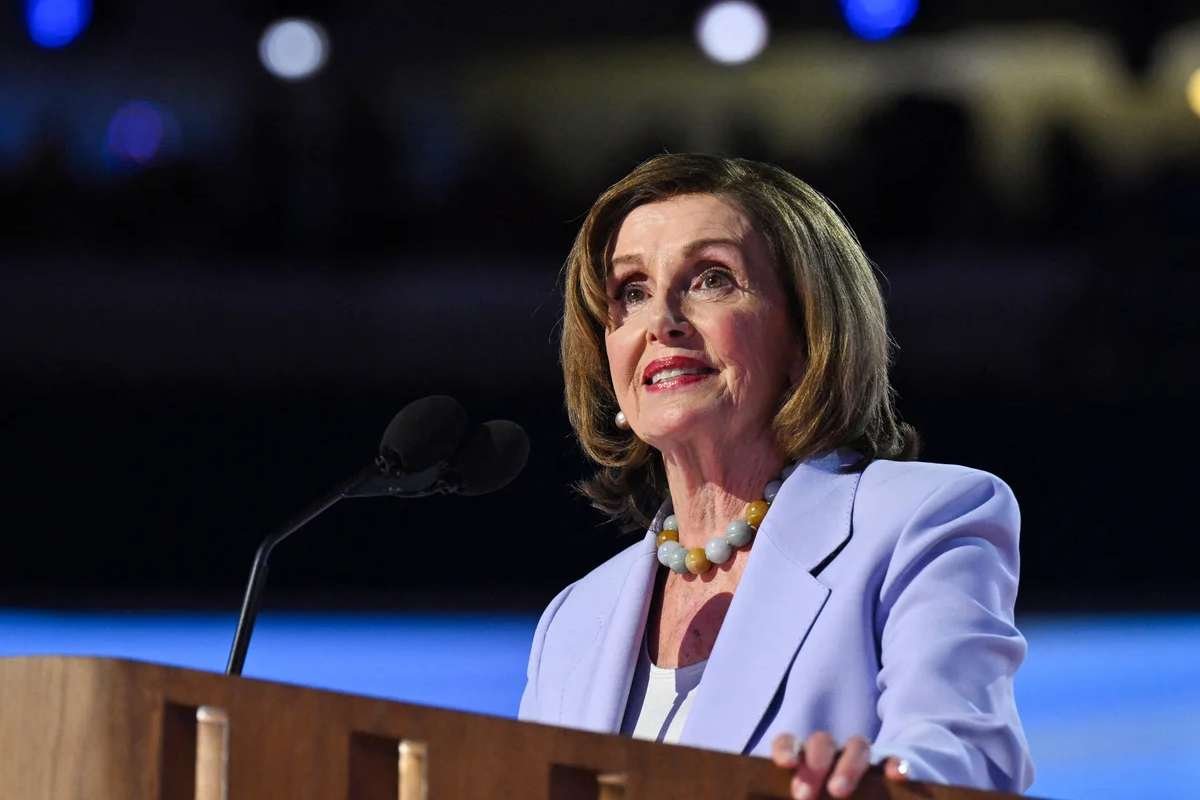Key Points:
- Pelosi to Retire: Nancy Pelosi will step down after her current term in 2026, ending nearly 40 years in Congress.
- Historic Legacy: She led major legislation like the Affordable Care Act and broke barriers as the first female Speaker.
- Party Shift Ahead: Her exit signals a new era of leadership and change within the Democratic Party.
Nancy Pelosi, the longest-serving Democratic leader in the U.S. House and the first woman to ever hold the Speaker’s gavel, has formally announced that she will not seek re-election in 2026. The 85-year-old congresswoman said she will complete her current term before stepping away from public office, ending a congressional career that spans nearly four decades. Her announcement follows California’s approval of Proposition 50, a redistricting plan she had actively championed, aimed at strengthening Democratic representation in the state.
Pelosi’s decision signals a generational turning point within the Democratic Party. For years, she has been a central figure in national politics, navigating legislative battles and shaping the party’s strategic direction. Her exit from the political arena marks both a symbolic and practical shift as Democrats prepare for a new leadership landscape.
Four Decades of Influence and a Defining Legacy
Nancy Pelosi joined Congress in 1987 and went on to become one of the most influential lawmakers in U.S. history. Her tenure included two non-consecutive terms as Speaker, during which she oversaw major legislative victories, such as the Affordable Care Act, key health-care reforms, and large-scale infrastructure initiatives. She also became one of the most visible political figures during the Trump administration, leading two impeachment efforts and frequently clashing with the Republican leadership.
Throughout her career, Pelosi earned widespread recognition for breaking political barriers for women and for her firm, disciplined approach to party management. Supporters credit her with reshaping the modern Democratic Party, guiding it through intense political polarization, and serving as one of its most effective fundraisers. Her leadership, though divisive among opponents, is regarded by colleagues as instrumental in both driving policy and maintaining party unity during turbulent periods.
Impact on Democratic Leadership and Future Contests
Nancy Pelosi’s departure opens key questions about the future direction of the Democratic Party, particularly with midterm elections approaching. Her San Francisco seat, one of the safest Democratic districts in the country, is now expected to trigger a highly competitive primary, with several candidates already preparing to enter the race.
Nationally, her retirement removes one of the party’s most seasoned strategists and prolific fundraisers, potentially reshaping fundraising dynamics and leadership structure. Analysts note that the transition could usher in a new generation of lawmakers emphasizing different policy priorities and political strategies, reflecting shifting voter expectations and demographic changes within the party’s base.
As Nancy Pelosi begins her final year in Congress, her departure closes a transformative chapter in American political history. Her legacy, defined by historic firsts, legislative milestones, and a commanding presence on the national stage, will continue to influence Democratic politics long after her exit.
Visit more of our news! CIO Women Magazine









